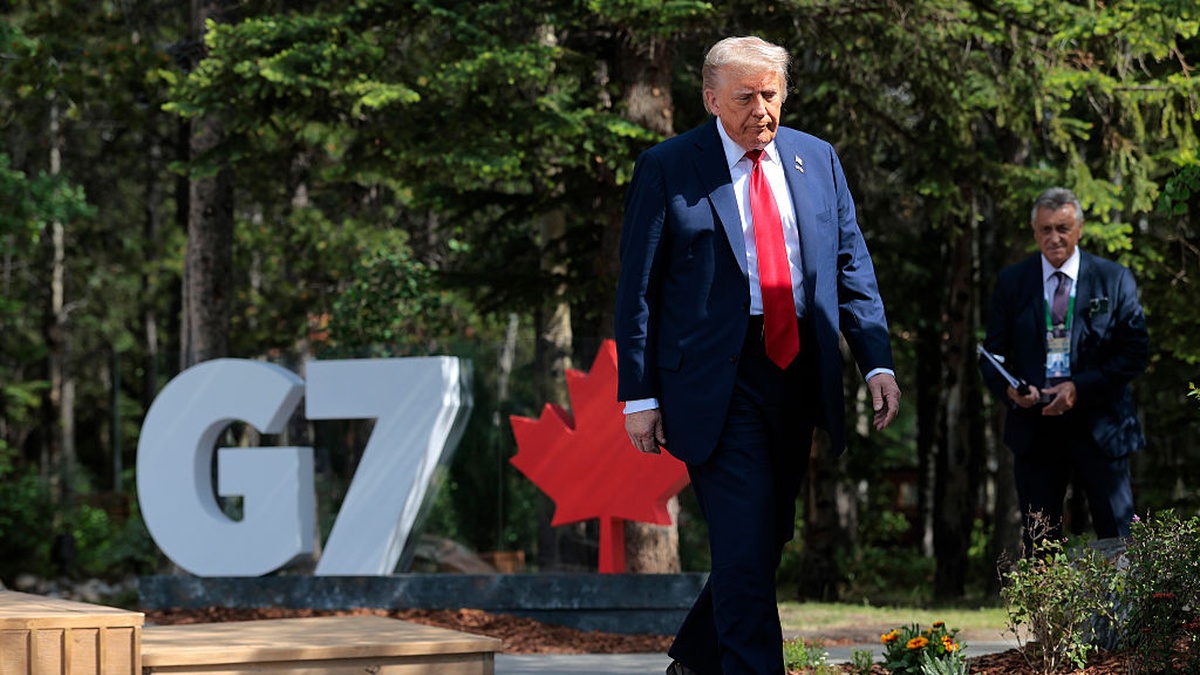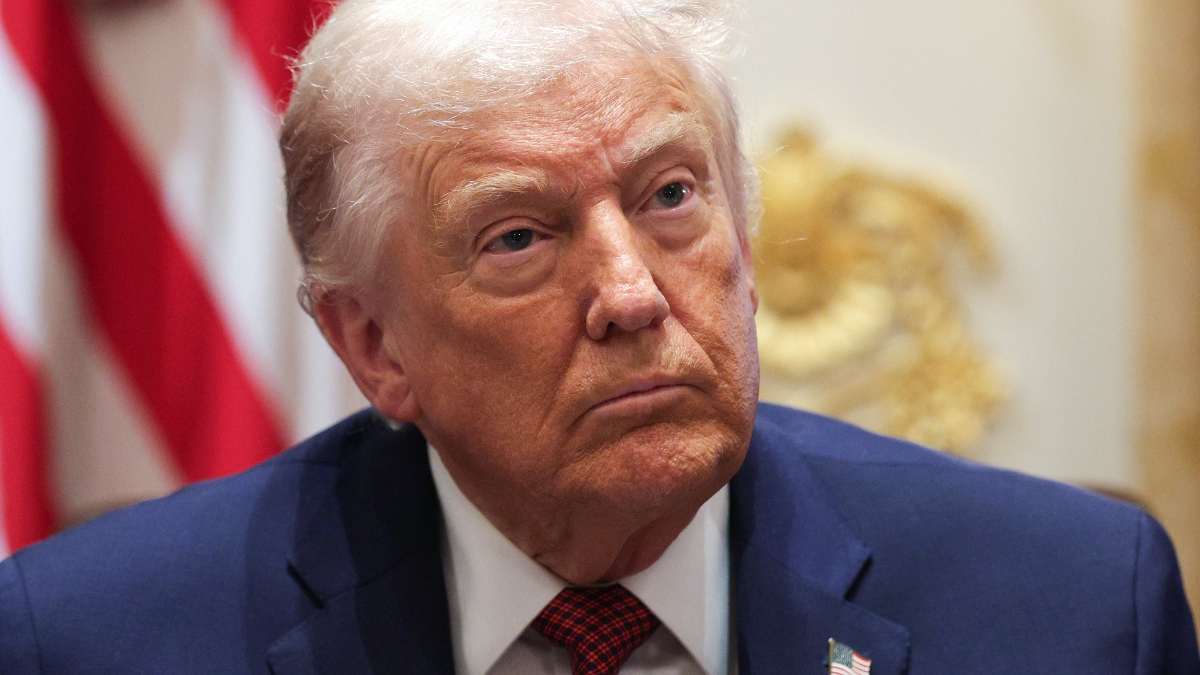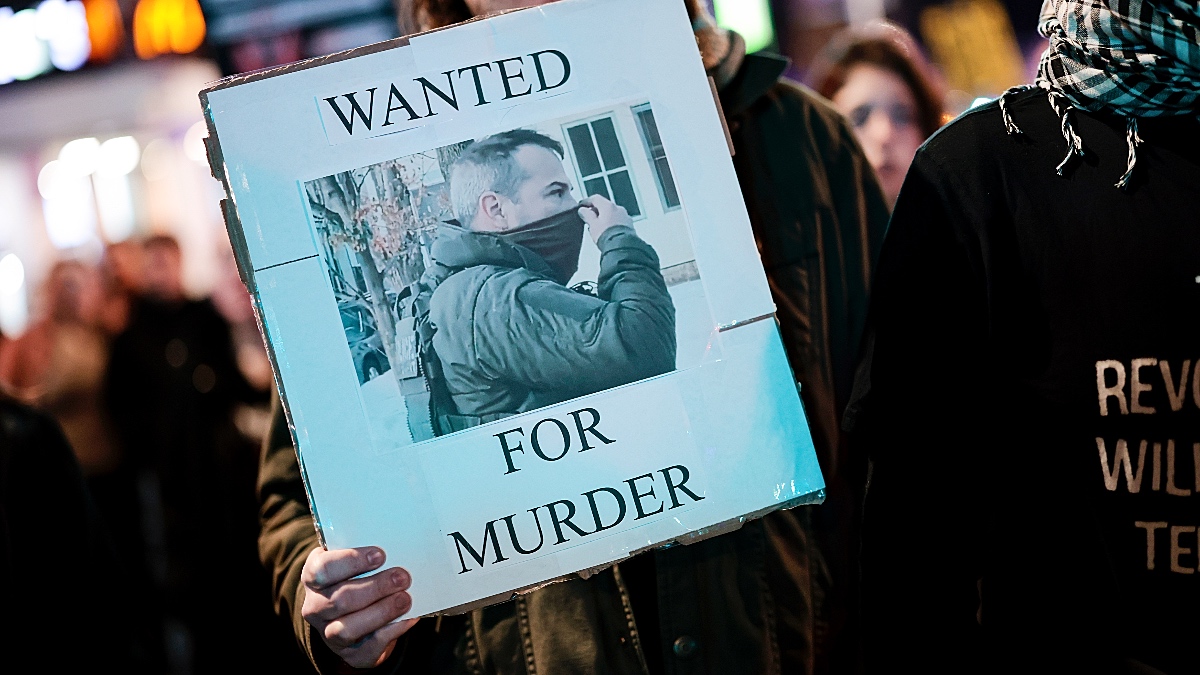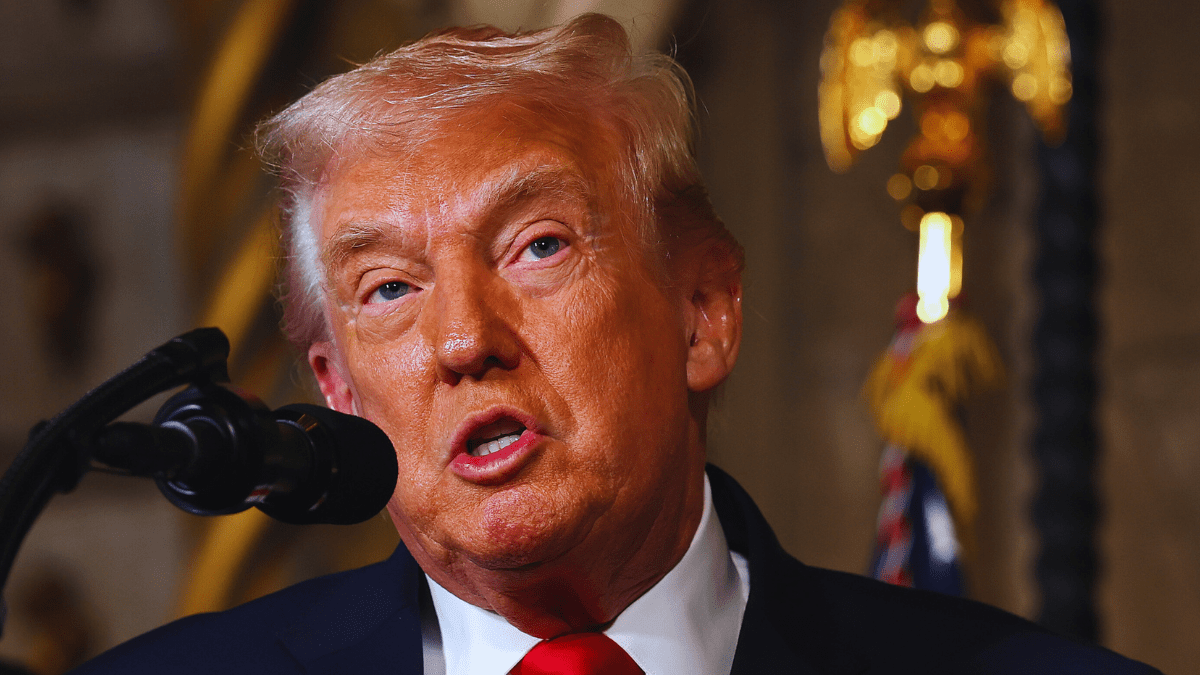Four episodes were provided prior to broadcast.
American Gods starts off just as fans of Neil Gaiman’s beloved novel might expect: with a “Coming to America” scene that depicts the Vikings arriving in the New World as immigrants, worshiping Odin by torturing themselves and each other in the most brutal fashion, not just bringing their gods to America, but also bringing them to life.
From there, the main beats of the novel are covered lovingly, with our hero Shadow Moon (played by Ricky Whittle) getting out of prison only to learn that his wife Laura (Emily Browning) died just five days before his release. Out of desperation, Shadow falls in with the grifting Mr. Wednesday (Ian McShane), who invents his own name based on the actual day of the week.
Wednesday offers Shadow an intriguing new job: bodyguard and man-in-arms for a con-man with aspirations that are beyond criminal. Thus, Shadow and Wednesday embark on a road trip across an un-glamorous American countryside, rife with detours that descend into the supernatural. If that all sounds less absurd than the novel, take heart in the fact that showrunners Bryan Fuller and Michael Green wash all of Shadow’s godful encounters with surreal and explicit dream sequences and deep dives into faith-driven themes.
When American Gods deviates from its source material, it’s typically for the better. Shadow himself is a bit more talkative for the screen, likely because viewers don’t have the luxury of studying his inner monologues. His banter with Wednesday is rightfully positioned as the show’s main appeal, but it’s also blessed by a fantastic ensemble.
David Slade, who directed the first three episodes, manages to balance an admirable performance from Whittle with intense and provocative writing that sets the tone for a brutal first season. Blood comes by the bucket, but not a drop is wasted. Every punch had by Shadow and Mad Sweeney (Pablo Schrieber) feels as visceral as it looks, and there’s enough lore in the world building to generate new fans by the boatload.
There’s a quick pace and energy to American Gods as well, perhaps making the entire affair seem a bit rushed in places. Shadow’s agitation over being late for his wife’s funeral is given little to do, mixed in with scenes of “god” characters getting set up for future episodes. Eventually, the show’s rhythm falls into place as Wednesday’s master plan (and true identity) is revealed to the audience and Shadow, opening the floodgates for a war between immigrant gods and the gods of technology, headed by Technical Boy (played by Bruce Langley), a delightfully evil incarnation that has been updated to match our current times while still capturing the spirit of the novel.
Much of the show has been evolved in this way, staying attentive to the source material while also adding flourishes that keep the story relevant 16 years after the novel’s initial release. Wednesday is still a conniving, garrulous cad, and Shadow is still our “not as dumb as he wants you to think” protagonist, dealing with his grief by staring blank-faced into the camera. In these scenes, the artistry of American Gods is the star, putting forth shots of flame-eyed boars and Internet-fueled spaceships that can exist in the same episode without totally alienating the viewer who hasn’t bought into the insanity quite yet.

The vignettes for each of the old and new gods (many of them with expanded roles for the show) are interconnected, but also visually distinct despite how they should probably clash when edited together. This is a story that lives and dies by its main characters, who in this case are the result of pitch-perfect casting.
American Gods is in many ways the American Odyssey, driving Shadow Moon down a rabbit hole of escalating danger amidst a rich tapestry of larger-than-life characters despite what you may gather from first impressions. In that way, Gaiman’s work successfully provides an interesting guideline to the world’s myriad religions, but also in how they interplay with each other in the melting pot of America.
The first season covers the first third of the book and opens up the narrative in many challenging and unpredictable ways, cementing the world of the show as a complete mythology, not anything realistic or grounded. But that’s probably the point, considering the series opens with some of the most outlandish gore deaths you’ll see on a premium network, even Starz. It’s no Spartacus, of course, but American Gods manages to pull off a unique combination of ideas and stylistic action that will make a believer out of almost anyone.














Published: Apr 16, 2017 05:55 pm